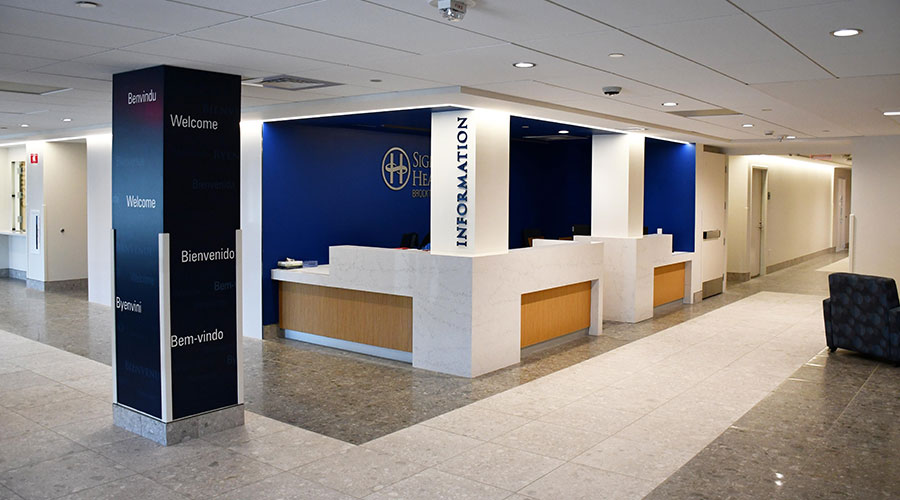Many healthcare organizations face issues with their IT departments and keeping them sufficiently staffed, creating an opening for many issues such as cyberattacks, data breaches or outdated hardware and software.
According to a report from Extreme Networks and the Healthcare Information and Management Systems (HIMSS), 47 percent of respondents put IT staffing shortages as one of their top three challenges. Additionally, 66 percent of respondents said that their routine IT tasks take much longer due to not having enough staff.
With the situation not looking to let up soon, healthcare facilities are left in somewhat of a dire situation. However, not all is doom and gloom.
A potential alternative to the traditional in-house IT department is outsourcing it to a managed service provider (MSP). An MSP provides services such as internet connection, software support, hardware support and keeping everything safe from cyber threats, according to Gartner. They can do this by working at the customer's place, using their own data center or using someone else's data center.
One such case is the University of Tennessee Medical Center (UTMC), where chief information security officer John Jeffries opted to make use of an MSP for his facility.
“We chose an MSP primarily because we do not have the staff and resources to monitor the alerts ourselves,” says Jeffries. “These are critical, and they require immediate response, and we do not have the staff to monitor things around the clock. So, we decided that using a third party would help us with that.”
The MSP UTMC uses assists them with monitoring activity on their network and to look out for specifically anything that is abnormal, says Jeffries. If there is any abnormal activity, the MSP would then alert UTMC about it whenever it occurs.
Additionally, there is a notable benefit to using an MSP, says Jeffries. They typically have more customers than just one, so they can look at trends that are happening or get alerts from other organizations that are having a similar threat. This would allow the MSP to amass valuable information on the trends in the threats their clients are facing. In turn, it would allow for a robust cybersecurity system.
Ultimately, the decision to use an MSP is going to come down to the individual healthcare organization and their unique needs.
“There are a lot of advantages to having partners that will help us monitor these services,” says Jeffries. “I think that other healthcare facilities can use many solutions that are out there. You have to find one that works well with your current situation.”
Jeff Wardon, Jr. Is the assistant editor for the facilities market.

 Frederick Health Hospital Faces 5 Lawsuits Following Ransomware Attack
Frederick Health Hospital Faces 5 Lawsuits Following Ransomware Attack Arkansas Methodist Medical Center and Baptist Memorial Health Care to Merge
Arkansas Methodist Medical Center and Baptist Memorial Health Care to Merge Ground Broken on Intermountain Saratoga Springs Multi-Specialty Clinic
Ground Broken on Intermountain Saratoga Springs Multi-Specialty Clinic Electrical Fire Tests Resilience of Massachusetts Hospital
Electrical Fire Tests Resilience of Massachusetts Hospital Bomb Threat Alleged at Illinois Hospital
Bomb Threat Alleged at Illinois Hospital